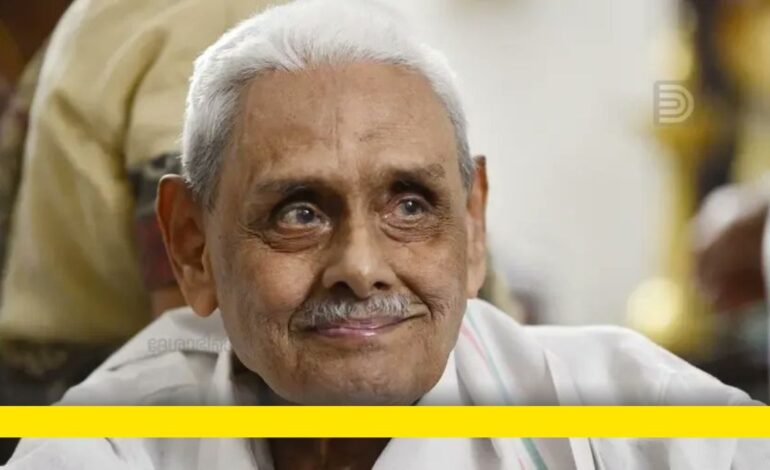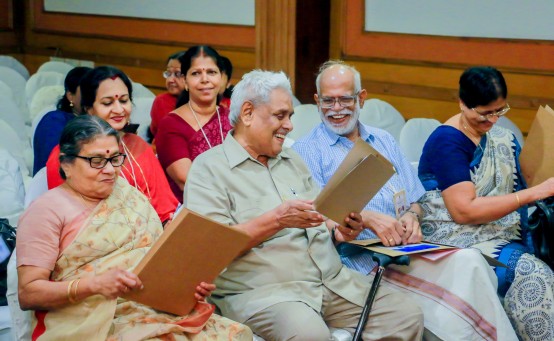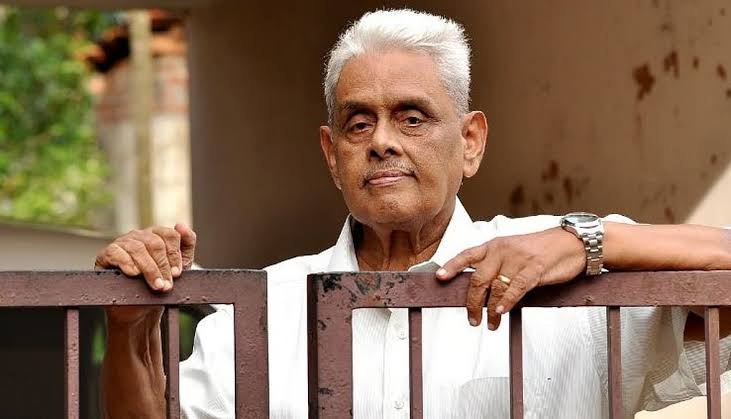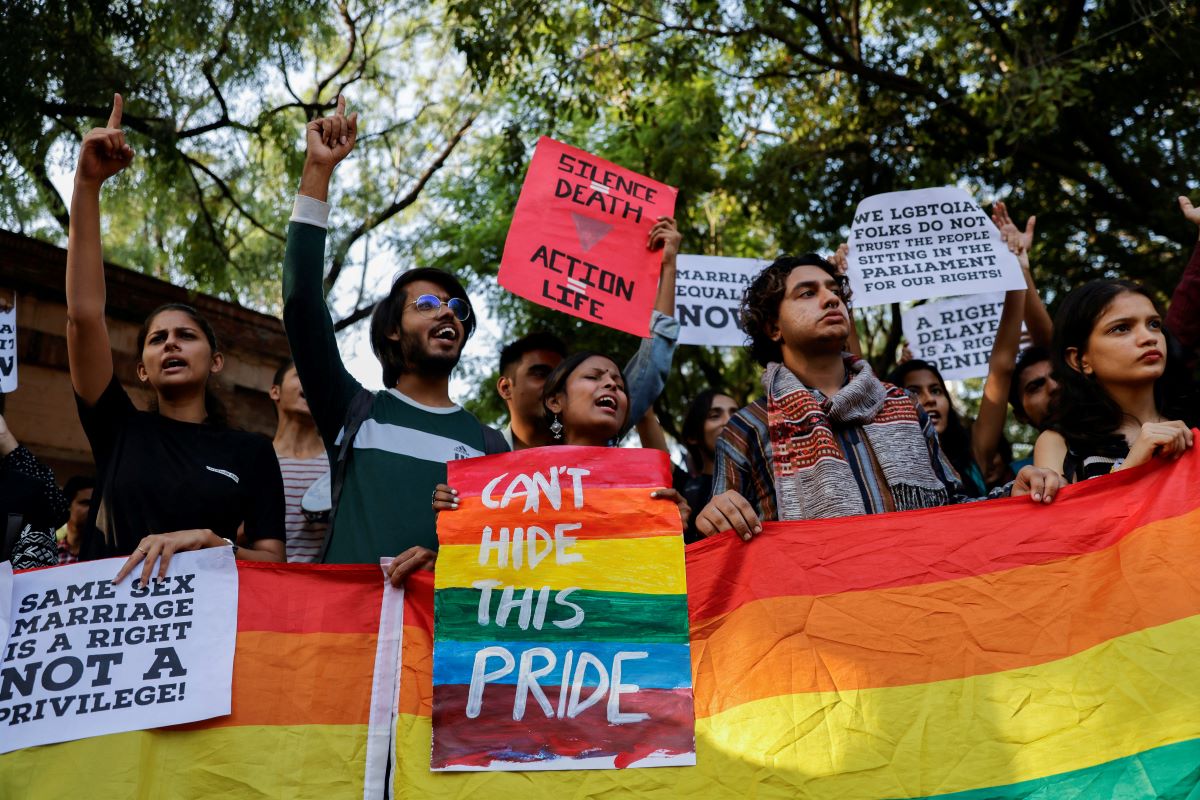
MGS—the three-letter name of a towering figure—was, for me, a dream-come-true friend, philosopher, and guide.
He was a teacher markedly different from my other, more conventional instructors. He preferred vibrant discussions over delivering ready-made lectures, particularly in contrast to his brilliant, rhetoric-driven contemporary at Calicut University, Dr. M.P Sreekumaran Nair (MPS). Yet they were poles apart. A single question during a lecture could derail MPS; somewhat irritated after reluctantly answering, he would caution, “It is good to have questions, but please ask after the class.” To the best of my knowledge, none ventured further.
In contrast, even a simple—or seemingly foolish—question posed to MGS at the outset of his “teaching” would set a thousand ships sailing. The conversation would flow into unexpected and intellectually rich directions, often leaving one marveling at the breadth of his mind.
MGS was my teacher through much of the early 1980s, almost for a decade. Like many others, I spent countless hours with him—at the department, in the canteen, and at his home—discussing everything under the sun. We would often share cigarettes or beedis, which he rarely bought for himself!. He was the finest kind of intellectual companion: never assertive, always willing to take the other side—not to prevail, but to deepen and sharpen the dialogue. Immensely affectionate, he pushed his students and friends with the quiet conviction that we were learning together.
His affection extended beyond the classroom or his supervision of my M Phil and Ph D. When my wife and I moved into a bare, rented house near the campus, he quietly supplied a cot, a table, and two chairs— offerings that spoke volumes of their care.
I offer my deepest condolences to Premi-chechi, Viju, and little Vini—barely two when I first met MGS —who kept his household humming with her affection. We, his students and colleagues, celebrated not only his formidable intellect but the warmth of his cynicism, his boundless “cosmic” imagination, and the dignified anarchy of his spirit. I still smile at memories of him missing trains to seminars, content in his own unhurried rhythm of life.

Yet, alas, he changed as time passed—or perhaps the world around him imposed those changes. It is a phase I still find difficult to fully comprehend. I witnessed him becoming entangled in politics and positions—or at least playing with them—realms in which he had previously shown little interest. I refuse to be judgmental, nor do I possess any definitive understanding of these shifts, except to say that they were painful to witness—and, for some of us, to endure.
Perhaps only time will reveal how such transformations occur in the lives of scholars from whom we once learned the imperative to remain upright, regardless of circumstance.
Towards his later years, I had the opportunity to visit him again and to engage in open discussions about his shifting academic positions. He remained gentle, if less argumentative, even when difficult questions were posed about his altered stances in response to temporal exigencies.
Whatever else may have changed, the memory of the MGS we knew—his vastness of heart and mind—remains indelible. It will stay with us.











